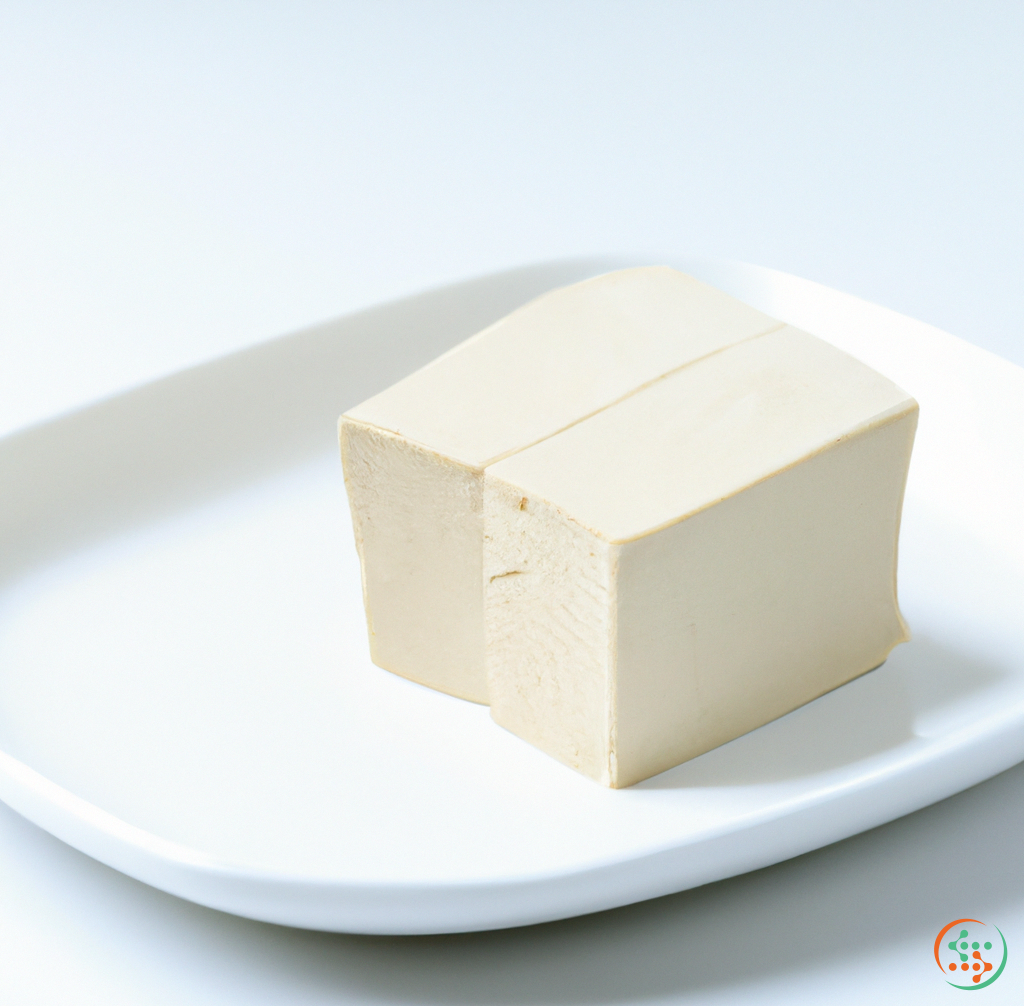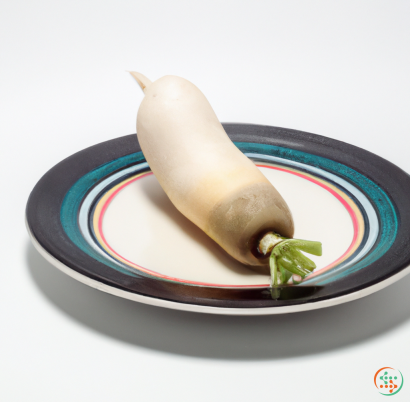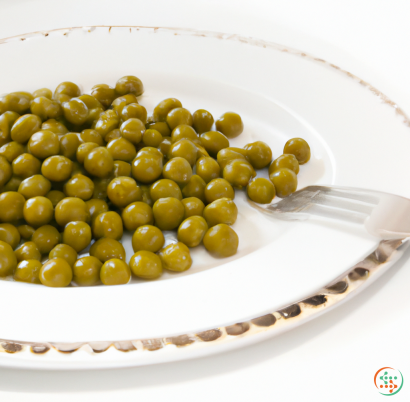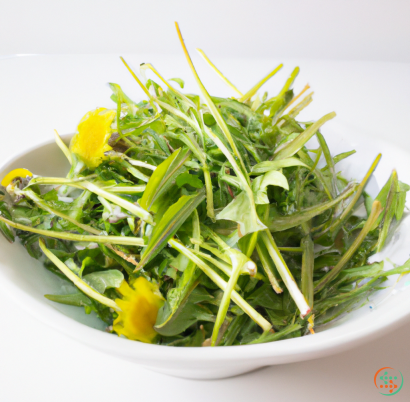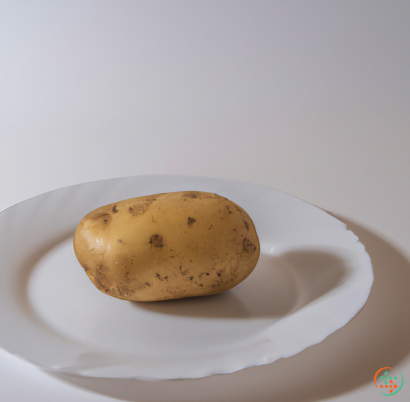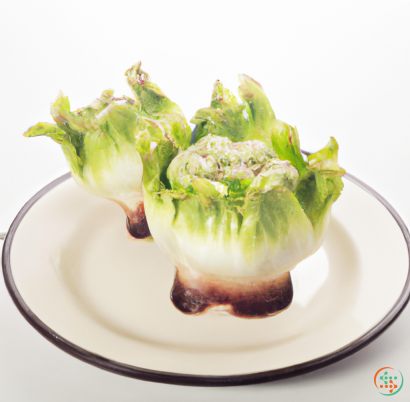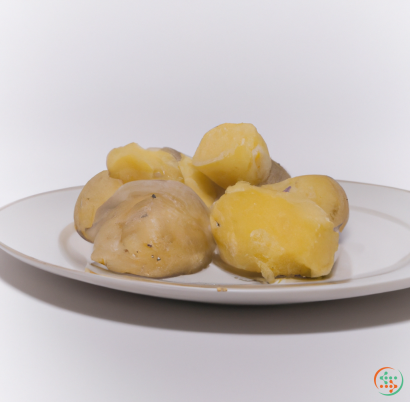Extra-firm Tofu
Extra-Firm Tofu: A Delicious and Nutritious Plant-Based Protein Option
When it comes to plant-based proteins, tofu may be the king of them all. Versatile, nutritious, and delicious – its range of flavors, texture, and types allows it to fit into many dishes seamlessly. Among these types is extra-firm tofu, which offers an especially unique cooking experience. Here’s what you need to know about this plant-based protein powerhouse.
What is Extra-Firm Tofu?
Extra-firm tofu is exactly what it sounds like – an even firmer type of tofu. While regular firm tofu is already quite dense and solid, extra-firm tofu takes it one step further. It is made with extra pressure and/or more time to produce a product with even more substance and a more pronounced bite. This tofu is often the least expensive of the tofu varieties and is ideal for dishes where it is the star of the show – such as for grilling or in stir-fries.
Nutritional Benefits
Extra-firm tofu is also incredibly nutritious, making it a great option for those looking to up their protein intake without any animal products. It is loaded with protein and also contains important minerals like manganese, selenium, and calcium. Plus, it is low in fat and virtually free of saturated fat.
Cooking with Extra-Firm Tofu
Now that you know a bit about extra-firm tofu, let’s talk about how to cook it so you are getting the most out of it. The most important thing to remember when cooking with extra-firm tofu is to press it thoroughly before cutting and cooking. To do this, you can use a tofu press or a simple method with a cutting board, towel, and heavy object like a saucepan or a book. To remove extra liquid, you should also drain the tofu after pressing.
Once pressed, extra-firm tofu can be cut into cubes, slices, or strips, depending on your recipe. From there, the sky’s the limit! It can be grilled, sautéed, baked, fried, crumbled, or even blended into smoothies. Just remember to use plenty of oil (or liquid) to prevent sticking.
Tofu Recipes to Try
If you’re looking for some inspiration on where to start with your extra-firm tofu, you’ve come to the right place. Here are a few delicious and creative recipes that all feature extra-firm tofu in one way or another.
The first is this delicious Spicy Cashew Tofu. This vegan and gluten-free recipe is also quite easy to make. Simply cube up the extra-firm tofu, marinate it, and pan fry it with a flavorful and spicy cashew sauce. Serve it over rice, quinoa, or veggie noodles for an extra nutritious meal.
If you’re looking for something a bit more indulgent, why not try these Baked Extra Firm Tofu Fries? They are crispy and golden on the outside, with a perfectly firm and chewy texture on the inside. The batter consists of a combination of corn starch, garlic powder, onion powder, and paprika soaking up a soy and sesame oil marinade. Bake them in a pre-heated oven and serve them with a dipping sauce of your choice.
These Grilled Tofu Steaks are perfect for a summer BBQ. All you need is a block of extra-firm tofu, your favorite BBQ sauce, and a grill. Because of their firm texture, the steaks can benefit from being pre-pressed to remove any extra moisture. Grill the steaks over medium heat until they are lightly charred and then coat with the BBQ sauce at the end.
Finally, let’s talk breakfast ideas. This Curried Tofu Breakfast Sandwich is sure to brighten your morning. Start by pressing and crumbling the extra-firm tofu, then add in some curry powder, nutritional yeast, and tamari for flavor. Pan fry the mixture until it is golden and crispy and use it as a sandwich filling for a plant-based breakfast sandwich with a touch of spice.
Conclusion
Extra-firm tofu is an incredibly versatile and nutritious plant-based option. It is great for grilling, baking, sautéing, and more, and its flavor and texture are perfect for a variety of recipes. From tempting breakfast sandwiches to spicy cashew tofu and tasty fries, there is no shortage of delicious recipes featuring extra-firm tofu. So get creative and give some of these recipes a try!
The Journey of Extra-firm Tofu from Farm to Dinner Plate
When considering the many sources of plant-based protein, extra-firm tofu stands out due to its unique texture and versatility. A beloved staple in vegetarian and vegan diets, extra-firm tofu stands out for more than just its texture: it is a healthy source of protein, calcium, and iron.
From farm to dinner plate, extra-firm tofu follows an intricate journey. This journey begins with the cultivating of soybeans, goes through a transformation before packing, and ends with its unique texture being ready for the dinner plate. This blog post will explain the process of creating and delivering extra-firm tofu to the dinner plate.
The Cultivation of Soybeans for Extra-firm Tofu
Soybeans are the beginning ingredient for extra-firm tofu. Soybeans are native to East Asia and were cultivated by the Chinese over 4,000 years ago.Today, soybeans are grown on a commercial scale in the U.S. and account for 90% of domestic production.
Soybeans are grown from seeds planted in the spring and harvest in autumn. After planting, the beans need about 90–120 days to get fully developed. During this period, farmers must provide the soybeans with plenty of sunshine and water and add fertilizers to create the ideal growth environment. Farmers typically use mechanical harvesters to pick the beans when they’re ready, and then they dry the beans before shipping them to food manufacturers.
In some cases, organic soybeans are harvested. These soybeans do not contain any added synthetically produced chemicals. Instead, they rely on natural resources, such as manure and compost, to fertilize the soil and provide the necessary nutrients.
The Transformation of Soybeans into Extra-firm Tofu
Once the soybeans have been harvested and processed, they become the foundation of the extra-firm tofu manufacturing process. This lengthy process is divided into five main stages that occur in the factory:
1. Soybean hulling: The outer hulls of the soybeans are removed to create the basic form of the tofu. This is done using an automated machine, commonly referred to as a dehuller.
2. Crushing: The hulled soybean is then crushed using a series of rollers to create a paste. This paste will provide the basis for the tofu.
3. Cooking: The paste is then cooked to further soften it and provide a more consistent texture and flavor.
4. Soy milk extraction: An extractor is used to separate the cooked soybean paste into a liquid and a solid, giving it the characteristic of a milk.
5. Coagulation: The soy milk is then chilled and the pH is lowered with an acid to initiate coagulation. This process changes the milk into tofu curd.
6. Molding: The tofu curd is then placed in molds and pressed until it reaches its desired shape and firmness.
7. Packaging: Once the extra-firm tofu has been molded, it is packaged in either vacuum-sealed or airtight packaging.
The Delivery of Extra-firm Tofu to the Dinner Plate
Extra-firm tofu by itself has a spongy but rubbery texture and no distinct flavor. Achieving the desired texture and flavor requires the tofu to be marinated or seasoned. This can be done in numerous ways, such as by adding sauces or spices. After seasoning, the extra-firm tofu can be cooked in a variety of ways, including frying, grilling, sautéing, or baking.
Extra-firm tofu is usually found in grocery stores and can be easily accessible. Various brands may provide different types of marinated or pre-seasoned extra-firm tofu, allowing customers to experiment with different flavors and textures.
In addition to grocery stores, extra-firm tofu can also be found in restaurants, where it is typically served as a main dish. This can involve the usual methods of preparation, or the tofu may be used as an ingredient in a larger dish.
Conclusion
Extra-firm tofu is a great source of plant-based protein and a versatile ingredient that can be used in many dishes. Its journey from farm to dinner plate involves cultivating soybeans and transforming them into extra-firm tofu. Once the extra-firm tofu has reached the dinner plate, it can be cooked in various ways and seasoned in numerous styles to add flavor. Ultimately, extra-firm tofu provides an excellent source of low-fat protein, calcium, and iron.
| Vitamin E | 0.01 mg | |
| Vitamin K | 0.0028 mg | |
| Vitamin B1 | 0.05 mg | |
| Vitamin B2 | 0.05 mg | |
| Vitamin B3 | 0.24 mg | |
| Vitamin B4 | 0.033 grams | |
| Vitamin B5 | 0.84 mg | |
| Vitamin B6 | 0.08 mg | |
| Vitamin B9 | 0.009 mg |
| Calcium | 0.282 grams |
Daily Value 1.3 g
|
| Iron | 0.00204 grams |
Daily Value 0.018 g
|
| Magnesium | 0.035 grams |
Daily Value 0.4 g
|
| Phosphorus | 0.111 grams |
Daily Value 1.25 g
|
| Potassium | 0.13 grams |
Daily Value 4.7 g
|
| Sodium | 0.004 grams |
Daily Value 2.3 g
|
| Zinc | 0.00107 grams |
Daily Value 0.011 g
|
| Copper | 0.2 mg |
Daily Value 0.9 mg
|
| Manganese | 0.67 mg |
Daily Value 0.0023 g
|
| Selenium | 0.013 mg |
Daily Value 0.055 mg
|
| Tryptophan | 0.135 grams | |
| Threonine | 0.453 grams | |
| Isoleucine | 0.49 grams | |
| Leucine | 0.804 grams | |
| Lysine | 0.51 grams | |
| Methionine | 0.122 grams | |
| Cystine | 0.033 grams | |
| Phenylalanine | 0.482 grams | |
| Tyrosine | 0.405 grams | |
| Valine | 0.503 grams | |
| Arginine | 0.79 grams | |
| Histidine | 0.249 grams | |
| Alanine | 0.447 grams | |
| Aspartic Acid | 1.176 grams | |
| Glutamic Acid | 1.899 grams | |
| Glycine | 0.423 grams | |
| Proline | 0.626 grams | |
| Serine | 0.586 grams |
| Total Sugars | 0.7 grams |
per 100g
|
| Myristic acid (14:0) | 0.01 grams |
|
| Palmitic acid (16:0) | 0.63 grams |
|
| Stearic acid (18:0) | 0.27 grams |
|
| Total Saturated fatty acids: | 0.91 g | |
| Oleic acid (18:1) | 1.25 grams |
|
| Gadoleic acid (20:1) | 0.02 grams |
|
| Total Monounsaturated fatty acids: | 1.27 g | |
| Linolenic acid (18:3) | 0.26 grams |
|
| Linoleic acid (18:2) | 2.39 grams |
|
| Total Polyunsaturated fatty acids: | 2.65 g | |
